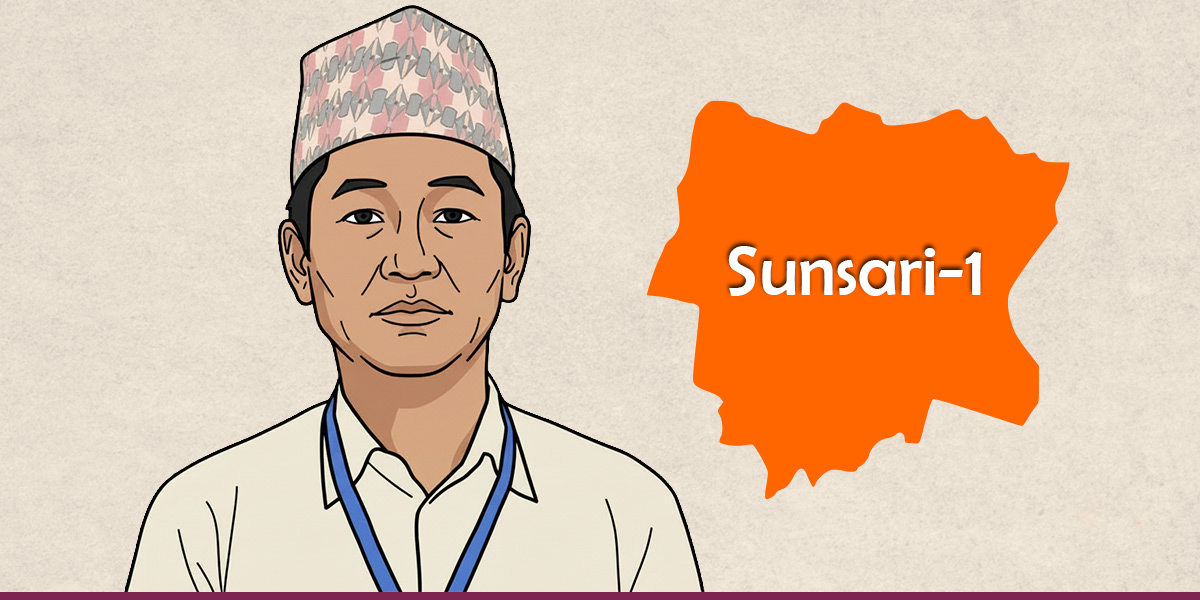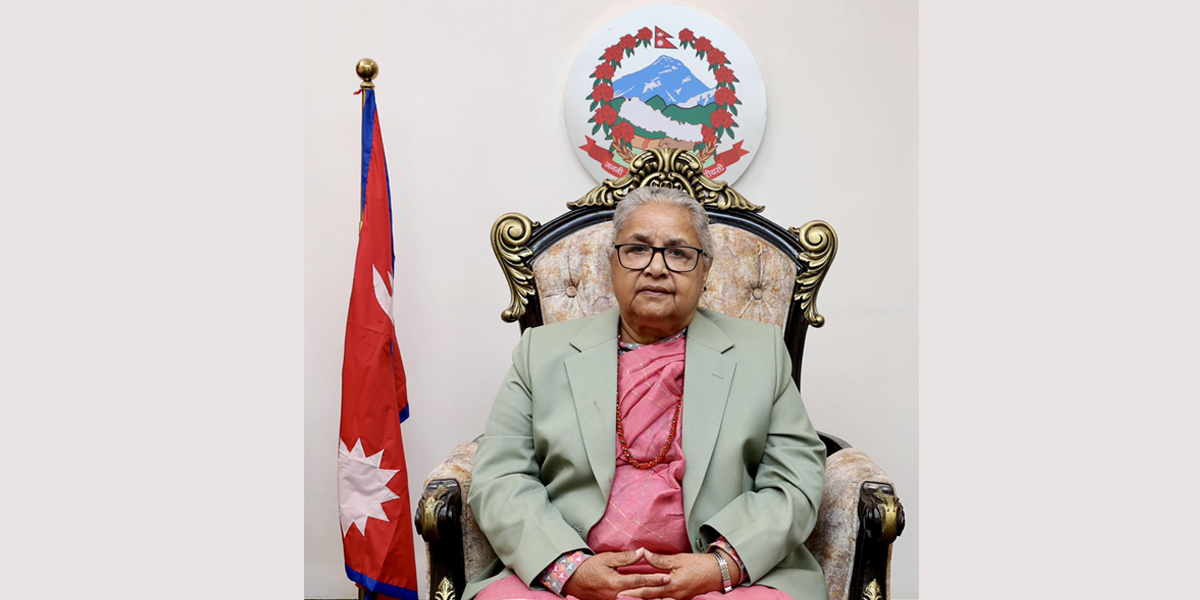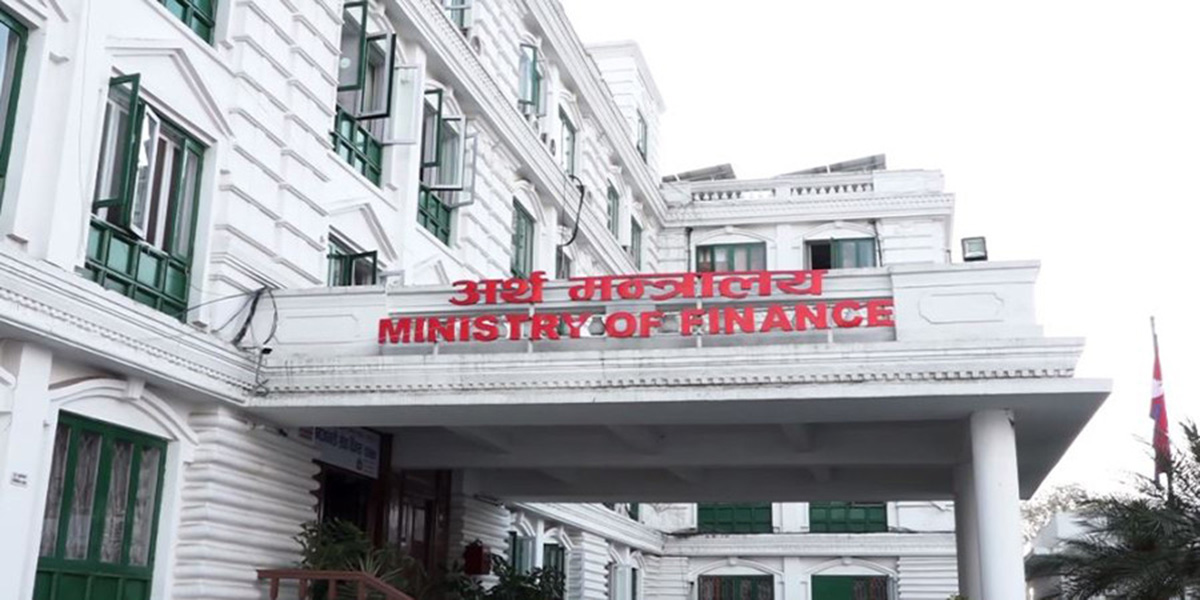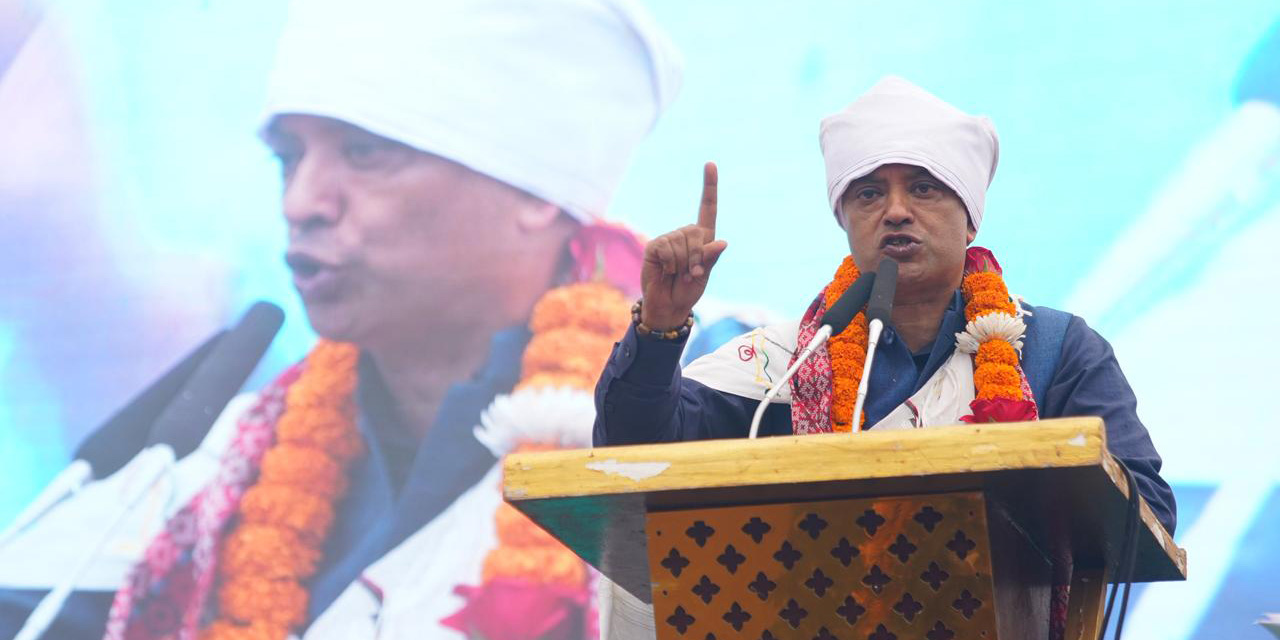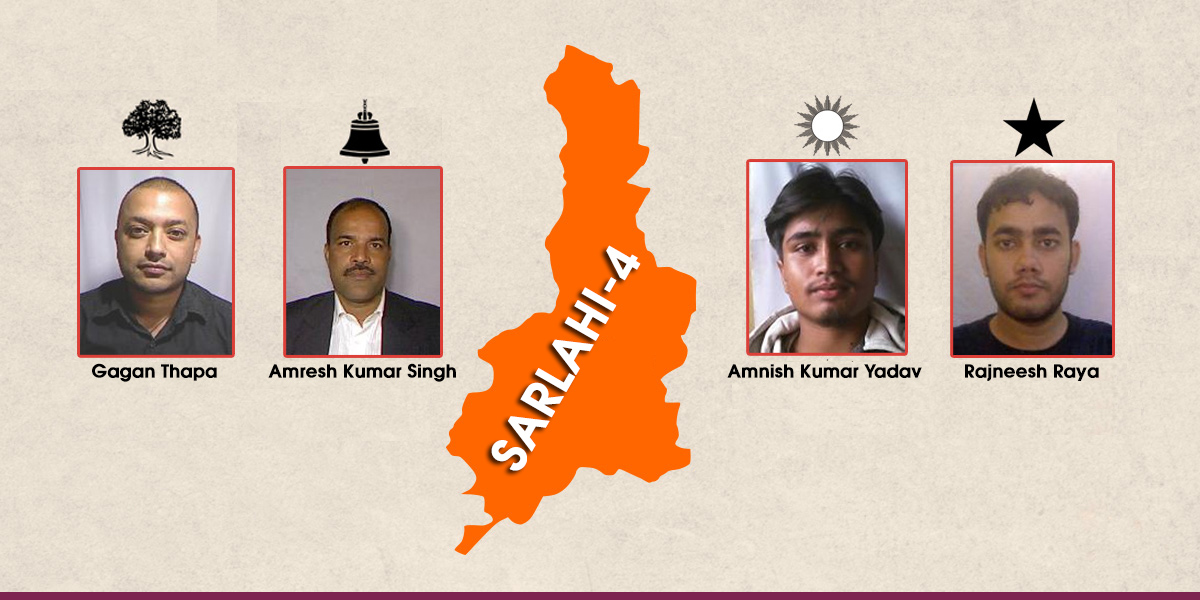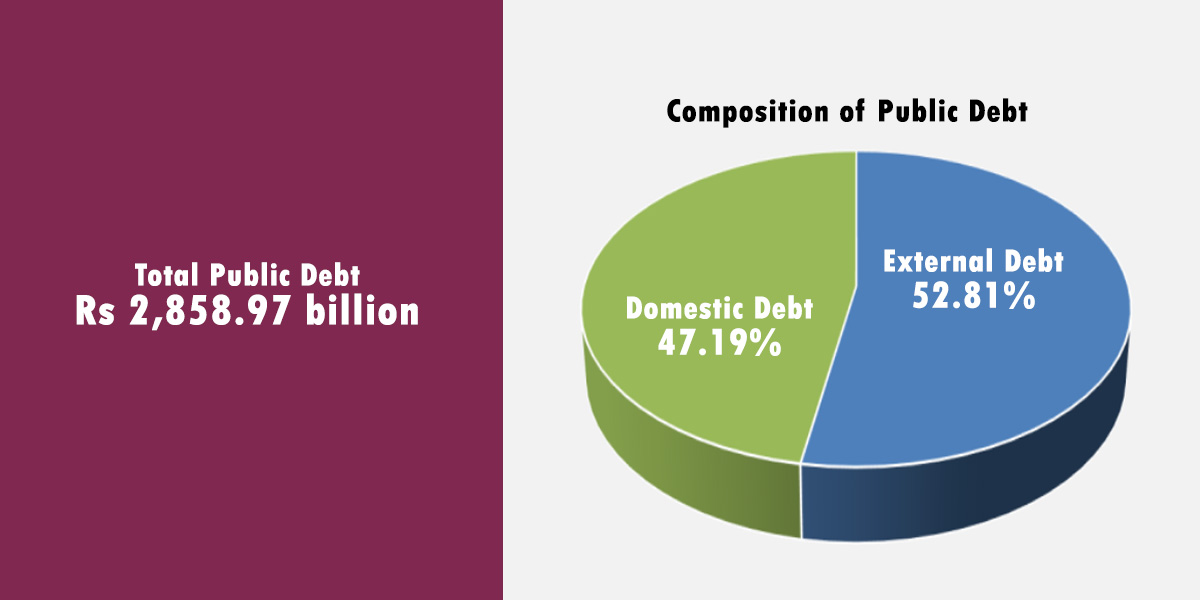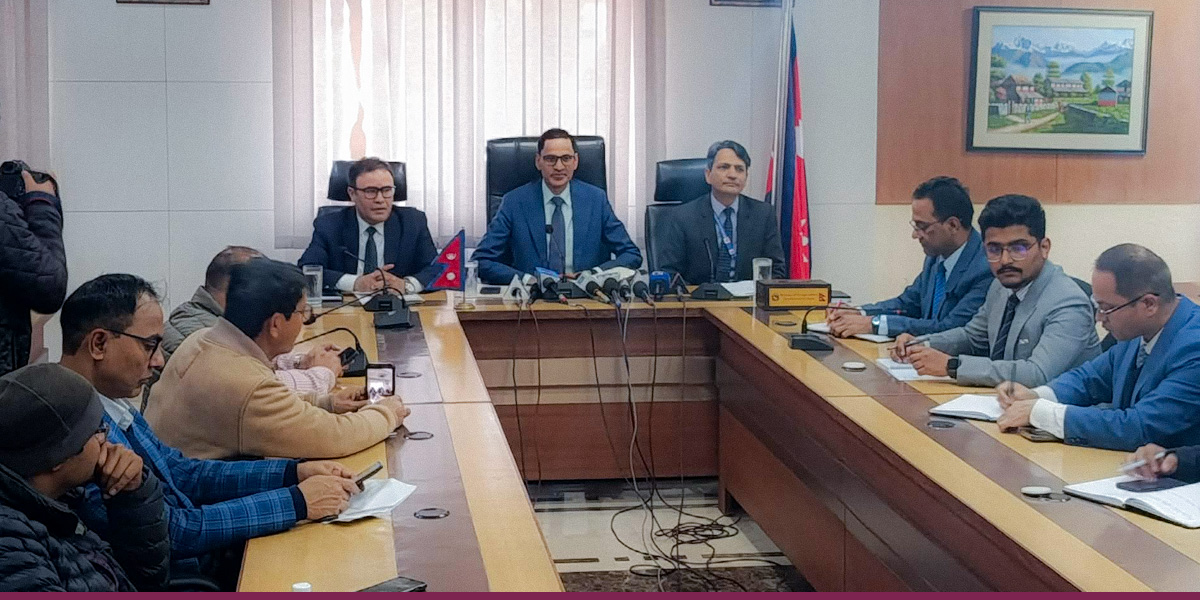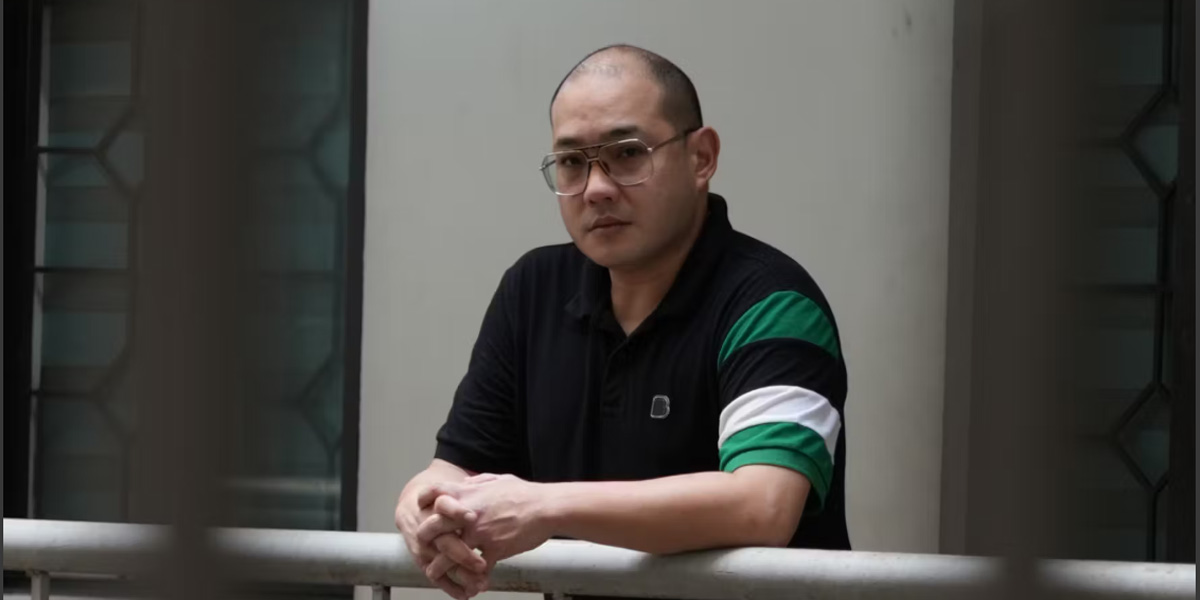 The victim, Ben Yo. (Photo: KDA)
The victim, Ben Yo. (Photo: KDA)
Ben Yeo is trapped in a scam center in Cambodia, desperately trying to escape. It is early 2024 and he has been here for 30 days.
Thirty days since Ben and his wife Moira realized their well-paid new casino jobs were just an elaborate ruse. Now they have to choose: pay their captors a $20,000 ransom or get to work in the scam compound.
“It had these tall walls, barbed wire and cameras everywhere […] And when we got into the compound, we were told we weren’t allowed to get out,” Ben said.
At first Ben and Moira try passive resistance: they sit at their desks and refuse to make any calls. It does not work.
“They said […] they would rape my wife if I do not sit and answer phone calls,” Ben said. “They tried all kinds of coercive maneuvers. You know, using a fire extinguisher to [pretend] to hit me to scare me, using a plastic bag over my head to suffocate me.
Their only way out is to pay for their freedom.”
Walking into a trap
Malaysian-born Ben had worked for years as a consultant organizing government investment conferences in Cambodia and Myanmar. When his freelance work dried up, he and Moira started looking for permanent roles. They saw a recruitment agency was hiring staff for a casino in the town of Bavet, near the Vietnamese border. Ben did some research on the company and everything seemed to check out. It was registered and had a recruitment license from the Cambodian government. They both negotiated new jobs, Ben doing business development and Moira as a card dealer in the casino.
From the moment they arrived at the compound, Ben had a bad feeling. Then his new employers told him he wasn’t allowed to leave.
“They said, I’m sorry, this whole thing, it’s not a casino. This is not a casino industry. As a matter of fact, we are doing scams,” Ben added.
Ben and Moira aren’t alone. Experts estimate there are hundreds of thousands of scammers in the industry across Southeast Asia. Some of them are unrepentant criminals, ruthlessly exploiting victims across the world. Others are victims themselves, trafficked and held against their will. Others still are desperate people willing to participate in the industry to survive, but once inside, find they can no longer leave.
Predators or prey?
Those who become trapped in the compounds come from all walks of life. Many scammers from mainland China are what Chinese authorities refer to as “san di” (“three lows”), meaning they have low income, education and age. Desperation drives them to the industry. As one former scammer told us:
I didn’t care if it was Cambodia or Colombia: I really needed a job.
At that point, my children were starving. […] I really could not afford to be unemployed anymore.
Many are lured by vague-sounding ads on job recruitment websites or social media, while others are directly targeted.
Telegram is a popular platform for recruiters. The jobs often sound like legitimate opportunities in customer service, sales or promotions. Some ads, though, are for jobs in sectors as diverse as construction, food and tourism. Recently, a well-known Chinese actor was even lured to Thailand for a fake movie casting call and ended up in a Myanmar scam compound.
A Chinese actor reported missing at the Thailand-Myanmar border has been found after fears that he might have entered a Myanmese city known as an online scam hub. Read more: https://t.co/sSxZVOZG3R pic.twitter.com/WZFsVU0kcR
— South China Morning Post (@SCMPNews) January 8, 2025
There are often promises of high salaries, year-end bonuses and promotion opportunities. Yet, many ads have minimal skill requirements, such as basic computer literacy and fluency in a specific language. This is a red flag. As is the offer to cover food, accommodation and travel expenses.
Others are tempted into the industry through brokers, who may spend months building personal connections with their victims before approaching them with an “unmissable” job opportunity. These brokers are typically paid a fee by the scam company, which then becomes a debt the victim or their family must later pay to secure their freedom.
Some are duped by people in their social circles, friends or even relatives. Other victims are kidnapped right off the street. During the pandemic, out-of-work gangsters turned to kidnapping people for scam operations to make a living.
Punishment and manipulation
Victims often begin their new “jobs” with a massive debt for flights, visas, permits and broker or trafficker fees. These debts grow the longer they are held, with accommodation, food and even “seaside air” added to their final bill. Newcomers must also be instructed in how to pull off a scam. Some are highly scripted frauds that require intensive training and dedicated phrasebooks.
In many compounds, the scammers work long shifts, sometimes as many as 17 hours. Some begin their day shouting a slogan, such as: Two hands typing on a keyboard can earn you billions in gold; work hard on marketing and you will win. Go for it!
But very few actually “win”. Their performance benchmarks are extremely high. One employee in a Cambodian compound told us they were expected to generate $10,000 in revenue each month and entice two to three new victims a day. The most successful employees are held up as models. One former scammer told us it is akin to brainwashing.
The ‘excellent employee’ would get monetary awards, promotions and, sometimes, the privilege to temporarily exit the compound. If you were one of them, they would buy you good food and take you to gamble or even pay for sex workers to let you taste their rich life.
For those who cannot meet their targets, life quickly becomes a nightmare. They can be beaten, subjected to electric shocks and even have their nails extracted.
Sexual violence is rife. Alice, a Taiwanese woman using a pseudonym, told us that when she refused to engage in scam work, she was sold numerous times between compounds and repeatedly raped. Before she was finally rescued, the gangsters threatened to lock her up in a brothel-like clubhouse at a scam compound to serve at the pleasure of the managers and workforce. Male victims are also forced to perform sexual acts on each other as a form of punishment.
Another harrowing aspect of life inside the compounds is the potential to be sold like a slave to the highest bidder. We have heard of skilled workers fluent in Mandarin fetching anywhere between US$10,000-30,000.
Despite Ben’s pleading text messages, his family refuses to pay the ransom. As punishment, he is separated from his wife and locked in a room by himself.
“It’s a combination between a prison and a madhouse. So the walls are like padded with, I think, four-inch pads. If you start screaming in there, no one will be able to hear you. And in the room, there’s only one railing, which is half a foot above the ground. And basically, they handcuffed me on that railing,” Ben said. “So I wasn’t even able to stand up and they were starving me, depriving me of the toilet, water food.”
In desperation, Ben’s family approaches the Malaysian embassy in Cambodia seeking help. Eight days later, police arrive at the scam center.
But Ben and Moira’s ordeal does not end there. When they give their statement to the police, they notice that someone from the scam compound is in the room. Ben notices the written statement does not include any mention of the abuse they suffered. He is sure the police have been infiltrated.
With the help of an influential family friend in Cambodia, they are transferred to another police station. The scam company follows them there, too. This time they are offered a bribe in exchange for their silence.
For weeks, Ben and Moira are subjected to questioning by Cambodian authorities.
“The human trafficking department was constantly seeking areas where they can press charges on me. From a victim of kidnapping, I become the perpetrator,” Ben said.
Eventually, they are released by the police and taken to a shelter run by a charity. But even then, the anti-trafficking authorities try to paint them as criminals.
After three months there, they are finally told they will be returning home. But only if they sign a document agreeing not to pursue charges against their captors.
Disclosure: The Conversation contacted all the companies mentioned in the series for comment (with the exception of Jinshui, which couldn’t be contacted). We didn’t receive any responses.
Ivan Franceschini is a Lecturer on Chinese Studies at The University of Melbourne, while Ling Li is a PhD candidate, Ca’ Foscari University of Venice
(Republished from The Conversation under Creative Commons. Read the original article here)



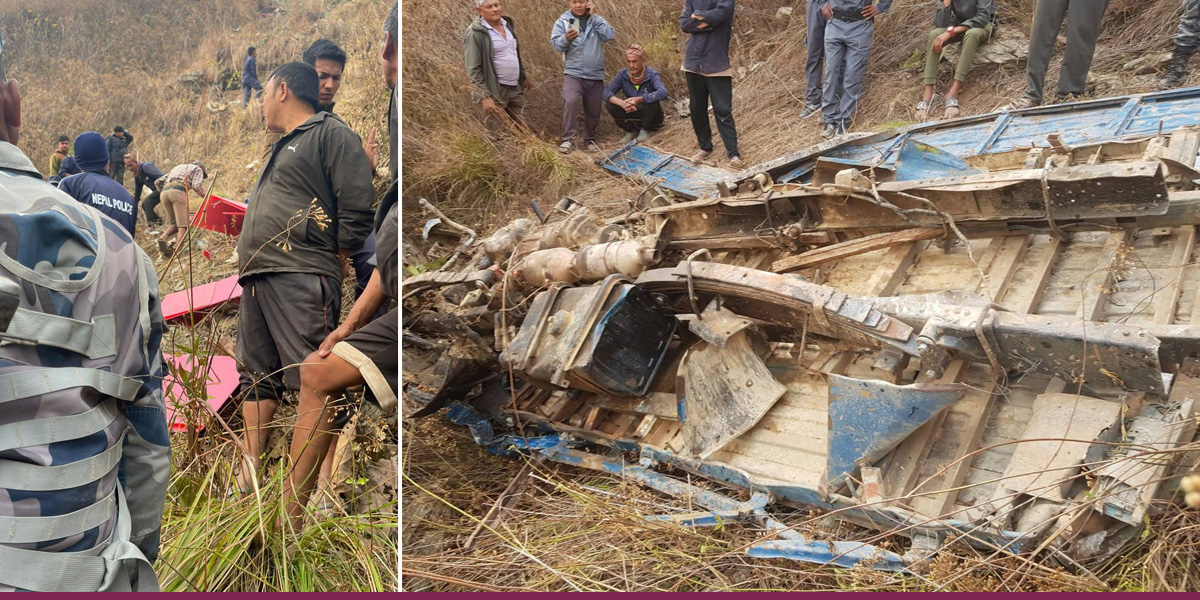
![Holi celebrations in Basantapur [In Pictures]](https://en.himalpress.com/wp-content/uploads/2026/03/Holi-1.jpg)
